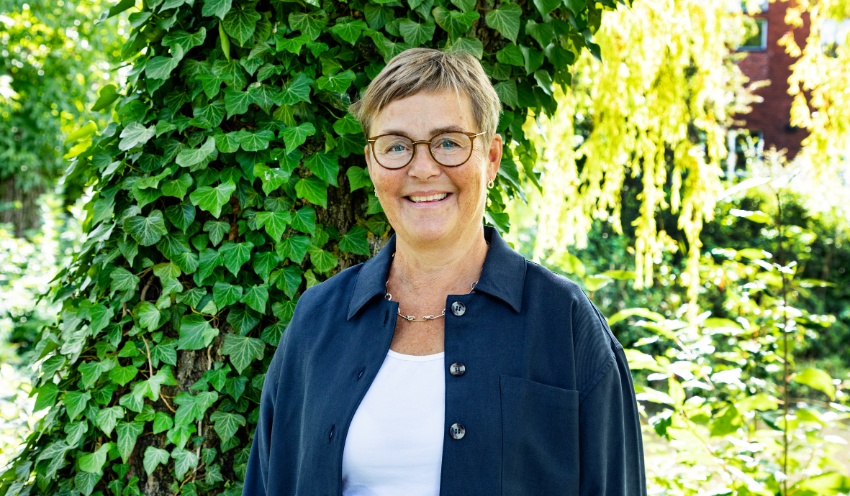A diversity of knowledge – but are we attracting everyone with the right prerequisites?
LTH should attract the talents of the future and train them to be engineers, architects, and industrial designers. Young people who have obviously been encouraged by their parents to pursue higher studies are not always the most suitable. Broadened recruitment to universities and colleges is not about lowering the requirements but rather raising them, writes Annika Olsson, Dean of LTH.
– Published 8 June 2023

During the past week we have celebrated students who received their diplomas at the graduation ceremony, but also doctors and honorary doctors who received their insignia at the doctoral degree conferment ceremony in a flourishing and sunny Lundagård.
I have met a diversity of newly graduated doctors, engineers, architects, industrial designers, and people who have taken an international master's degree at LTH. Through their education, they have all acquired knowledge, education, and skills – which can be used to contribute to a better world.
Looking out over the breadth and diversity of LTH's doctoral and graduate students makes me feel proud! At the same time, there is a nagging concern that we are missing out on talented middle and high school students who do not have a family tradition of studying at university, but who undoubtedly have the prerequisites with good grades, competence, and capacity.
LTH has worked consciously and for a long time with widening recruitment for a more gender equal faculty, and now we are pleased that 38 percent of this year's first-year students are women.
But we also need to do better at widening the recruitment of non-academic children, and children with foreign backgrounds, especially as there is potential to recruit more talent within these groups while maintaining, or even increasing, the prior knowledge of entry-level students. We simply need to succeed in attracting and capturing the young people who have good grades but who lack tradition in their families, in their schools or in their neighbourhoods.
When we look at the statistics from LTH's admitted students, we see that the tradition of highly educated parents stimulates even those who do not have the highest grades to apply to college and university, while the percentage who apply to university is lower among young people with higher grades but who lack highly educated parents. This gap means that we are missing out on young people who have both the capacity and competence to study further, which is sad and even reprehensible from a societal perspective.
We all know that the beauty of education and knowledge is that it provides opportunities to contribute to community building and solutions that make the world better, and not least to a future that provides jobs and the chance to develop as a person.
It is a shame that those who have the ability miss this opportunity because tradition and knowledge of higher education are lacking and stand in the way of a future education. We need to change this, and a great responsibility for this change lies with those who work in primary and secondary schools and higher education.
And let me clarify something that often leads to unnecessary misconceptions:
Widening recruitment is not about lowering the level or requirements of our programmess, but rather about raising and increasing them. We succeed in this if we attract the right students – those with high grades and the best abilities to complete a university education.
Annika Olsson
Dean of LTH
PS Speaking of widening recruitment and giving a wider circle the courage to apply: Feel free to watch LTH's short film clip "Ha inte mattepanik" (in Swedish) and read about support for your studies. If you have your own experiences of having surprised those around you by starting to study after high school and good tips for LTH about what all parents, teachers and study and career guidance counselors should tell their children about higher studies, please feel free to email Charlotta Nilsson, who does research in nuclear physics but also has a special assignment to work with widening recruitment at LTH.
